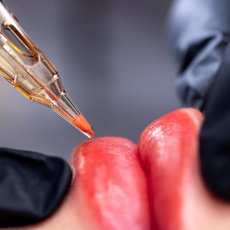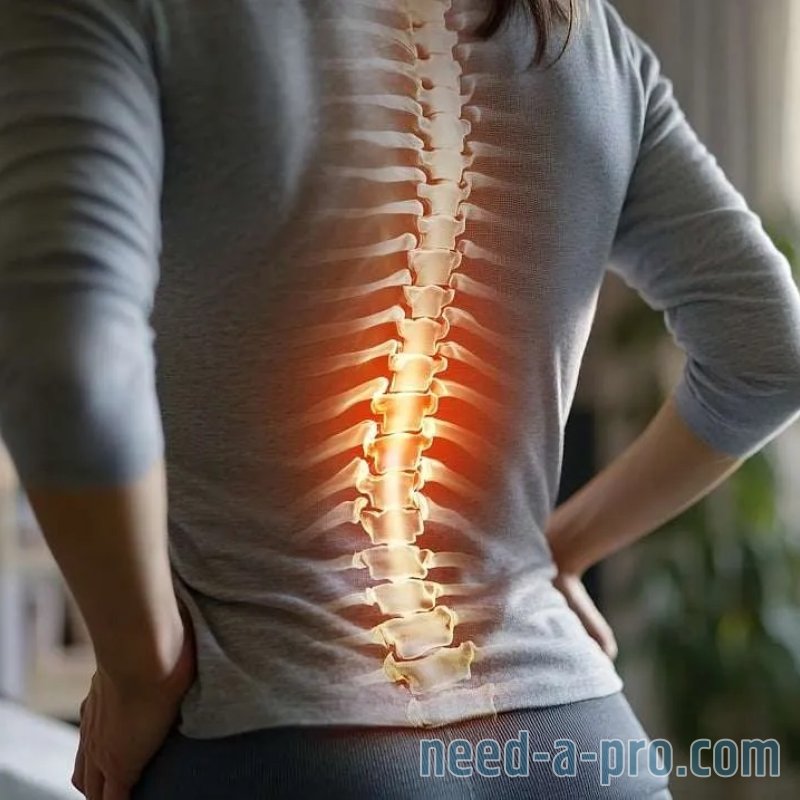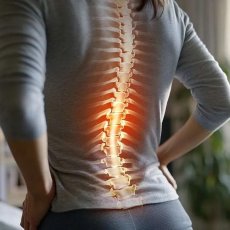annonces
London Spine Specialists
London Spine Specialists
Spine treatment in London
Spine surgery
London Bridge hospital carries out a range of spine surgery for a wide variety of back and spinal problems. If you have an infection of the spine, an inflammatory disorder, a congenital deformity, spinal tumours, or have fractured your spine, there are many options to consider and making an appointment with one of our specialist orthopaedic surgeons can help you decide on the best course of treatment. In many cases surgery will be the last option after other remedies and techniques have failed to bring results.
Common conditions treated include:
- Neck and lower back pain
- Trapped nerve causing leg pain (sciatica) and arm pain (brachalgia)
- Osteoporotic fractures
- Tumours
- Trauma
- Infections
- Inflammatory disorders
- Scholiosis and kyphosis
- Injection therapies (facet injection, nerve root block, epidurals)
Further detail on some of the above conditions where spinal surgery can be useful are listed below:
Lumbar and cervical disc degeneration surgery
Lumbar disc degenerative disorder sometimes causes low back pain, which feels much worse when sitting. A fairly common complaint, it’s often sparked off by a twisting injury (such as when playing golf), but can also be due to the natural aging process.
Cervical disc degeneration is characterised by neck pain and can also be caused by injury or the natural aging process. Pain can often be reduced by lying down or reclining.
Treatment options for these two conditions start with conservative care; in other words, treatment you can do at home, such as ice or heat packs, special exercises, pain relief medication, and physiotherapy. If the pain has not been reduced or eliminated after six months of conservative treatment, and you can’t bear your own weight when walking or moving around, spinal fusion surgery can be considered. During the operation one or more vertebrae are welded (fused) together using bone grafts or metal parts, such as small cages, plates, rods, and screws.
Sciatica surgery
The sciatic nerve is the largest nerve in the body and runs from the base of the spine, down the back of the thigh to the knee, where it divides into smaller nerve branches. People suffer shooting pains when the sciatic nerve becomes trapped or compressed at the point at which it leaves the spine. Often the pain will clear up by itself after a course of painkillers, anti-inflammatories and gentle exercise. You may require physiotherapy, and if it still won’t clear up, an epidural injection. In the rare cases where nothing seems to help, and after months of trying other remedies, you are still in great pain, various surgical options are available - from low-invasive microdiscectomies through to the more aggressive laminectomies and spinal fusion procedures.
Fractured vertebra
If you’ve recently had a spinal injury and one of your vertebrae is fractured, a kyphoplasty operation can be performed to stabilise the bone and stop the pain. A small balloon-like device is inserted into the fractured vertebra and slowly inflated until the normal height of the vertebra is reached. This creates a cavity which is filled with special bone cement, increasing the strength of the vertebra, restoring its original height, and relieving the pain you feel.
The bones of your vertebrae run down the middle of your back protecting your spinal cord, and it’s vital for them to remain solid and functional. Similar to the kyphoplasty, the vertebroplasty operation involves injecting special bone cement into the fractured vertebra to restore its original height and stop the pain you feel.
These types of spine surgery are also options for people with vertebral haemangioma and painful vertebral body tumours (metastasis and myeloma).
Injection therapies (facet injection, nerve root block, epidural)
Severe spinal injuries and problems need not always mean you have to have an operation. There is an important role for various types of injection therapy to alleviate pain and reduce swelling. We perform epidural corticosteroid injections, nerve block injections, discography, cervical, lumbar and thoracic injections, soft tissue injections and spinal joint injection therapies, amongst others. Injection therapy is much less invasive than an operation and could help significantly relieve your back pain symptoms without the need for open surgery.
Spinal Stenosis (spinal decompression surgery)
In response to the natural ageing process, wear and tear, and/or an inherited predisposition, your spinal canal can become too narrow, compressing the nerves inside it and causing pain. This is known spinal stenosis. After all other treatments have been tried and failed, including physiotherapy, pain killers, anti-inflammatory medication, epidural steroid injection etc the final option is surgical decompression of the nerves. During this operation the spinal column is widened by removing a small section of bone, which releases the build up of pressure on the nerves inside the spinal canal.
About the Hospital
Welcome to London Bridge Hospital. As one of the largest private hospitals in the UK, we provide the highest standard of clinical expertise and nursing care. By offering the latest technology combined with state-of-the-art hospital facilities, we attract world-leading doctors and surgeons from London’s leading NHS teaching hospitals.
We provide rapid assessment, intervention and treatment for numerous common and complex conditions. Patients receive customised, individual care. This has made London Bridge Hospital the hospital of choice for GPs, consultants and patients.
Our campus in London Bridge offers a central and convenient London location. Our site at Tooley Street offers commanding views over the River Thames, overlooked by iconic London building The Shard where our outpatient and diagnostic centre is based over three floors, and our most recent expansion into the Cancer Centre at Guy’s Hospital – Private Care at Guy’s.
At London Bridge Hospital, we understand that outstanding care is not just about the latest technology and state-of-the-art facilities; the people who treat our patients are an essential part of what we do.
Overview
Led by top Consultants and dedicated Clinical Nurse Specialists, our multidisciplinary team comprises experts in all areas of medical treatment and rehabilitation, including imaging, radiology, dietetics, physiotherapy and specialist counselling. By working closely together across all of our medical specialties, we can ensure that patients receive the most comprehensive package of care and treatment.
To ensure the highest standards of patient care, all clinical staff are registered with the appropriate professional bodies. Whilst formal training and education, including university courses assist in maintaining staff competency, we also have a full range of work-based, in-house workshops which includes basic/advanced life support, infection control, health and safety and patient care.
Our dedicated International Team is experienced in meeting the cultural needs of overseas patients, providing specialist menus, foreign language television, and translation services. We make it easy for overseas patients to attend our clinics, including assisting and arranging transport to and from the hospital, both for them and for their families, if required.
Internationally renowned for medical excellence
London Bridge Hospital has been delivering world class private healthcare since 1986. With over 150 ensuite patient bedrooms, we aim to make your stay as comfortable as possible, and are always happy to discuss any individual requirement that you may have.
Whether you are an inpatient, a day case patient or an outpatient, you will be cared for by a team of professionals who are dedicated to ensuring you receive the best possible treatment. All clinical staff are highly qualified within their field, and undergo regular, extensive training. This ensures the highest standards of care, aiding patients with faster recovery.
At London Bridge Hospital, we offer world-class clinical expertise across a wide range of specialties, with multidisciplinary teams working together to provide comprehensive diagnosis and treatment for all of our patients.
London Bridge Hospital contact:
+44 (0)207 407 3100
+44 (0)207 234 2009
+44 20 3582 3658
info.lbh@hcahealthcare.com
enquiries.lbh@hcahealthcare.co.uk
- Samantha
- la Ville
- London
- Country
- United Kingdom
- Adresse
- 27 Tooley Street
London SE1 2PR
Montrer sur la carte - Numéro de téléphone
- Montrer le numéro de téléphone
- Montrer le courrier électroniqueCette adresse e-mail est protégée contre les robots spammeurs. Vous devez activer le JavaScript pour la visualiser.
- Type de l'annonce
- Recherche d'emploi
- Catégorie
- Health and Beauty Services
- Subcatégorie
- Physicians
- La date de création
-
mercredi 25 septembre 2019
il ya 6 ans et 5 mois - Quantité de visionnages
- 3476
- ID de l'annonce
- 2226















 Vectora Design
Vectora Design